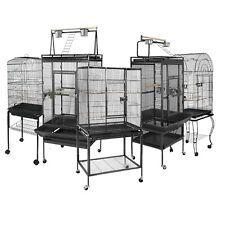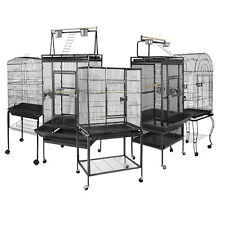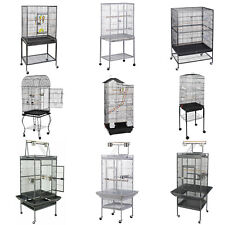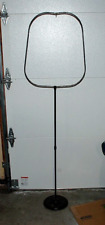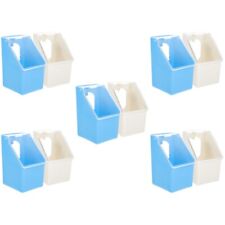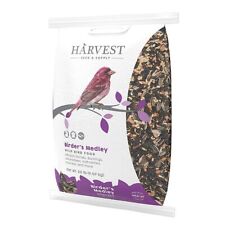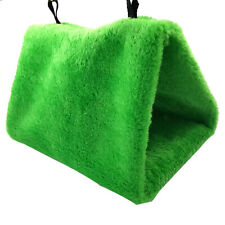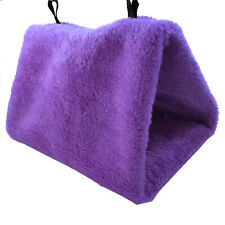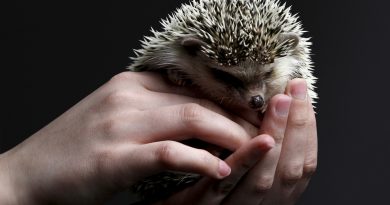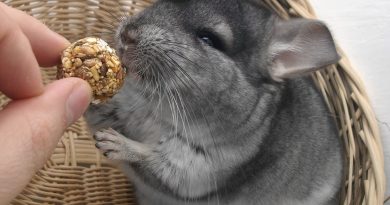How to Care for Your Pet Chinchilla
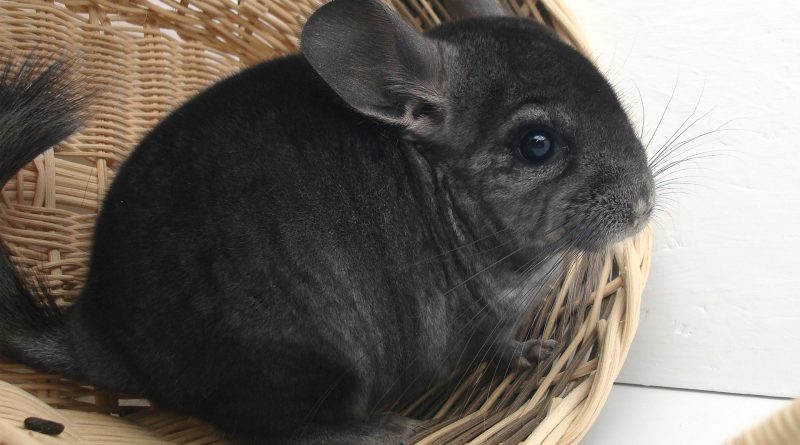
Chinchillas are adorable little creatures with lots of energy and a gentle, inquisitive nature. The average size of an adult chinchilla is about 12 inches long. With proper care, a pet chinchilla can live for as long as 10 years or more. Be sure to wash your hands carefully any time you handle him to prevent the risk of Salmonella and other infectious diseases.
Diet and Feeding of Your Pet Chinchilla
Your pet chinchilla should have unlimited access to clean water, a high-quality chinchilla pellet food, and Timothy grass hay at all times. It’s good to give him some vegetables and fruit for variety, but don’t go overboard because too much produce could lead to diarrhea or stomach upset. Fresh produce should never be more than 10% of their total diet, and any uneaten fruits or vegetables should be thrown away after 24 hours. Never give your chinchilla chocolate, caffeine, or alcohol and always avoid high fat treats and sugar.
Housing for Your Pet Chinchilla
Your chinchilla will be happiest at average household temperatures. Be careful of extreme changes in temperature. Your chinchilla’s cage should not be put in direct sunlight, and you should always avoid drafty areas and temperatures exceeding 80° F.
Chinchillas love to play and jump, so a multi-tiered habitat is ideal. A wire cage with a solid bottom is best but be sure the space between the wires is no greater than 1 inch. Hardwood or recycled paper bedding should cover the bottom of the cage at about a 2-inch thickness. Never use cedar bedding for your chinchilla.
Remove any wet bedding from your chinchilla’s cage daily. Completely change out the litter once a week and disinfect the cage with a 3% solution of bleach. Be sure to rinse carefully and allow the pen to dry completely before you replace the bedding.
Chinchilla Behavior, Health, and Hygiene
If your chinchilla has been well socialized, he will enjoy being petted, cuddled, and carried around. It’s very important to be cautious of squeezing them though; their ribcages are very fragile. You can expect your chinchilla to be most active at night and sleep during the day.
A healthy chinchilla will be sociable, active, and alert. His eyes will be clear, his fur healthy, and his breathing unlabored. Weight loss, breathing issues, diarrhea, hair loss, or lethargy are all cause for concern, and a call to your vet is recommended.
Don’t try to bath your chinchilla with water. He prefers to dust bath instead. Provide him with a shallow dish of sand or some other loose material to dust bath in at least twice a week. You can brush the dust out of his fur with a soft brush afterward. If your chinchilla’s teeth get too long, consult with your veterinarian about having them filed down.
Chinchillas can be a delightful pet, especially if they are well socialized. They are pretty easy to care for, and they are an excellent choice when you don’t have a lot of space.

